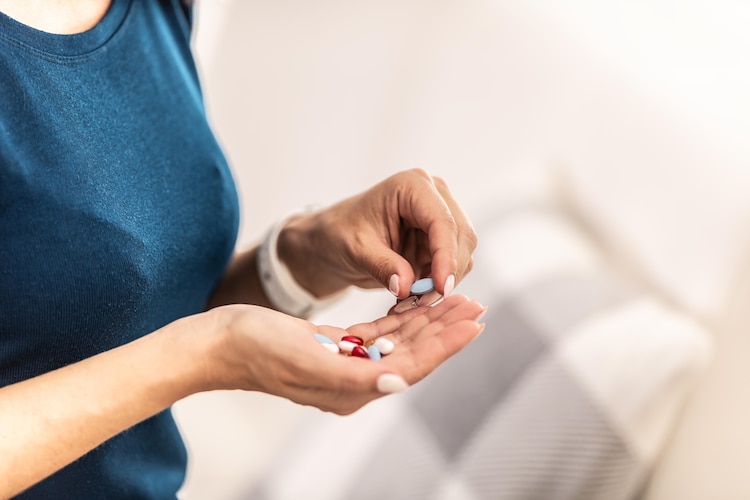Should Indian Patients Continue to Take Ranitidine Tablets?

The ranitidine tablet has been a generic drug for years now, prescribed for acidity, heartburn, and ulcers. Many Indian patients have relied on it as the answer. However, in recent years, doubts were raised about its safety. Are Indian patients still supposed to rely on ranitidine tablets today? Resources like Ask Ayurveda can clear such doubts, offering reliable information about the ranitidine tablet uses and safer alternatives.
Why is Ranitidine Popular Among Indians?
Ranitidine is a class of medicine known as an H2 blocker. It reduces the secretion of stomach acid and has proven to be handy for peptic ulcers, acid reflux, and gastritis. Doctors used it for several decades as a first-line drug because it was successful, cheap, and available.
The patients would often take the tablets of ranitidine as a quick fix to relieve heavy meals caused indigestion, burning, and discomfort. Its easy availability made it a common name in every household in India.
Which Safety Concerns Affected Ranitidine?
The international health regulators got worried in 2019 regarding ranitidine. It had traces of an impurity called NDMA (N-Nitrosodimethylamine) in some batches. It is a potential carcinogen, which initiated recalls internationally, including India.
Therefore, the patients began wondering if the medicine for which they had been waiting so long was still safe. Even though not all the tablets were lethal doses, the potential risk led regulators to exercise precautions. This shift suddenly opened doors for doctors and patients who had no choice but to search for an alternative.
What is the Alternative to Ranitidine?
Yes. Now, physicians prescribe other medications such as famotidine, omeprazole, or pantoprazole. They have the same suppression of stomach acid but are safer based on today’s facts.
No one should stop or alter medication without a doctor’s instruction. There must be the advice of a specialist to make safe choices.
Should Indian Patients Take Ranitidine Tablets Further?
Ranitidine is no longer prescribed as a first-line medication by most medical practitioners in India today. The uncertainty of its safety has driven practice to other acid-reducing medications. If an individual still has a prescription, he/she should seek his/her physician and ask whether it is safe for him/her anymore.
How Can Ask Ayurveda Help You Decide?
Ask Ayurveda provides clear-cut, credible, and patient-oriented information regarding common drugs like ranitidine. The website describes tablet uses of ranitidine, side effects associated with it, and natural ways of treating acidity and digestive issues. One can browse through holistic cures, find dietary modifications, and herbal remedies that allow one to maintain long-term health.
Why Trust Ask Ayurveda with Clarity?
Health news on the web is confusing and generally conflicting. Ask Ayurveda makes it easy. The site combines contemporary medical science and traditional Ayurveda knowledge. The intersection benefits patients to make sense-driven decisions without being perplexed. Going through their papers, one can easily understand whether ranitidine has a place anymore or if there is something safer available.
Is It Time to Reconsider Your Medicine?
Yes, especially if you have been on ranitidine for decades. Medical practice is dictated by progressive evidence. The patients must adapt accordingly. Ask Ayurveda can help you navigate through it by showing clear contrasts between ancient medicine and new medications. It empowers readers to make safe and informed choices about their own health.
Ranitidine tablets used to be a common feature in Indian households, curing ulcers and acidity in no time. Safety concerns changed the medical mindset. At times, alternatives are perceived as more reliable. Patients must approach doctors before changing or continuing medication.
By providing the right tool, like Ask Ayurveda, the patients no longer have to go through this uncertainty in isolation. Instead, they can seek safe options, both scientifically backed and traditional, where their health choice is still an informed and effective one.
